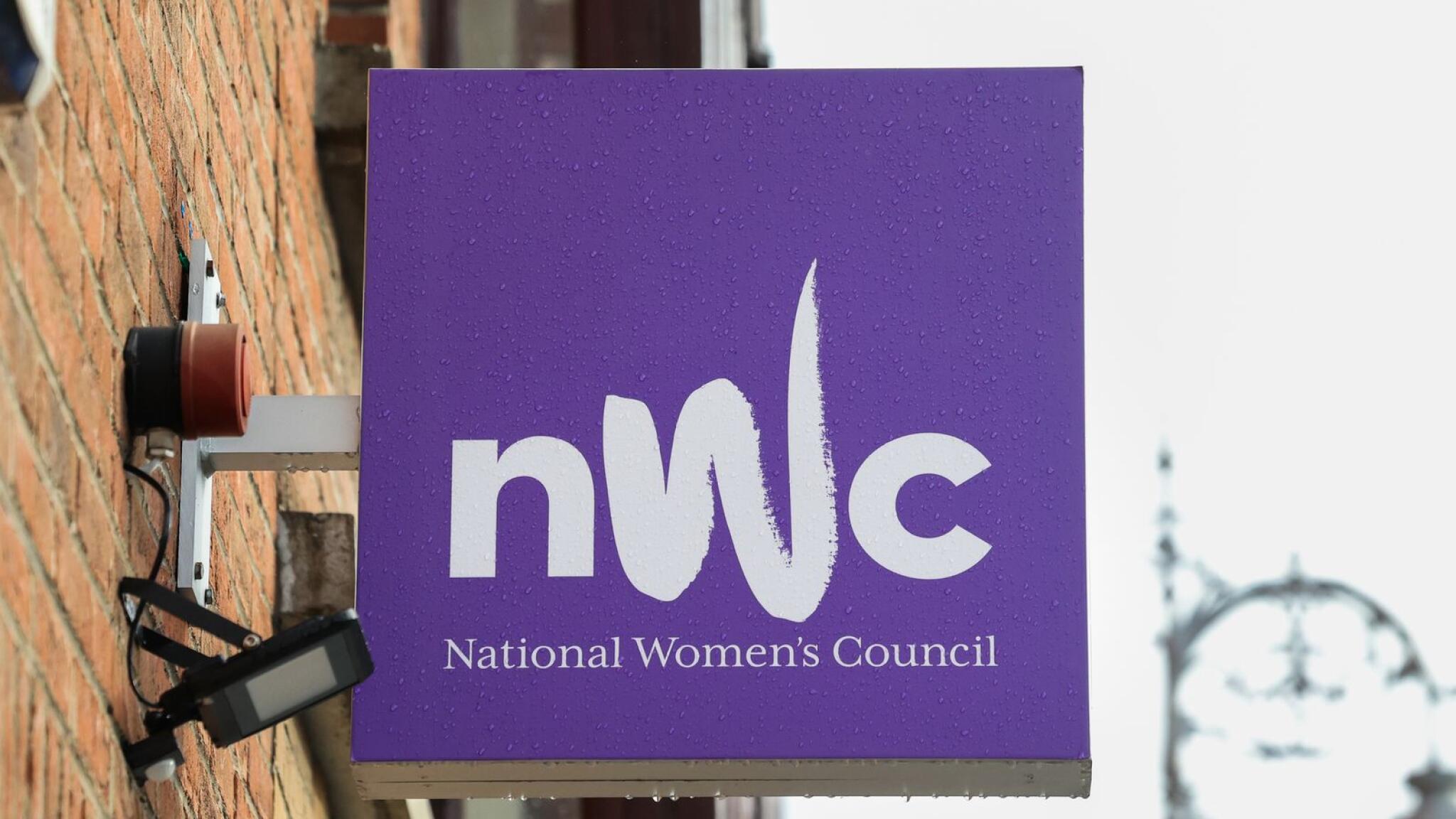The National Women’s Council (NWC) has launched a landmark report finding that marginalised women and girls face disproportionate barriers in accessing mental health services.
The research, published by the NWC and funded by the Health Service Executive (HSE), examined current practices in gender-sensitive mental health care in Ireland and identified recommendations for improvement based on an international evidence review, interviews, and focus groups. The research was carried out in support of Ireland’s national mental health policy, Sharing the Vision, to address the critical absence of a gendered perspective within the existing mental health services.
The report considered the impact of other marginalisations and their intersection with gender in accessing support. The qualitative research conducted revealed a gender bias among staff in the mental health sector and a varying knowledge of gender sensitivity.
Recommendations emphasised the need for flexibility in services provided for women, namely the provision of both online and in-person services to accommodate women living in rural areas and direct provision, as well as those affected by domestic violence. The study also considered the mental health impact of isolation and menopause on older women, emphasising the need for targeted support.
In addition, the recommendations highlighted the importance of providing concurrent mental health support for women engaging with addiction services, as well as the need for improvement in trans healthcare.
On an infrastructural level, the NWC advocated for the delivery of comprehensive gender-sensitive mental health training within third-level institutions and to primary care providers.
The recommendations also supported the extension of the free travel initiative for homeless people and those living in direct provision, to improve the accessibility of in-person services.
Within communities, the Council called for early intervention, a mandate for state-funded mental health services to provide a choice of therapists by gender to enhance autonomy and empowerment, as well as culturally sensitive modes of delivery, such as group therapy models for specific cohorts such as Muslim women and traveller women.








